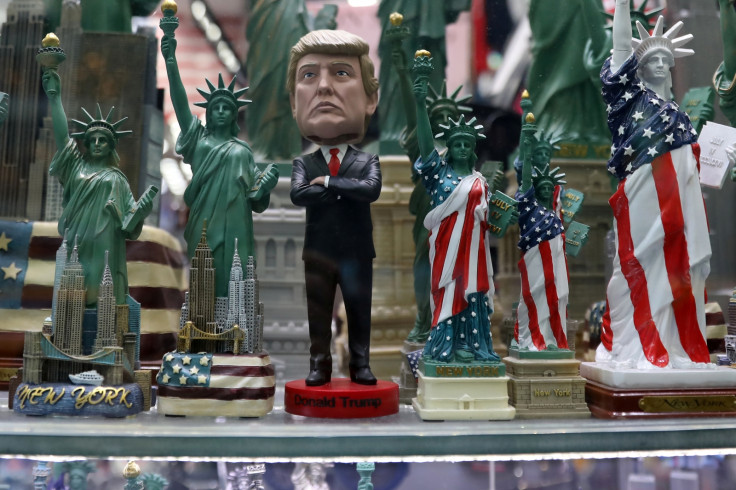Seventeen states are arguing against Trump's immigration and travel ban
Ban hurting states financially by hitting universities, hospitals, and tax revenue from tourists, states say.

Seventeen US states are arguing in court that they are being irreparably harmed by President Donald Trump's executive order to ban travel and immigration from seven majority Muslim countries.
The states face "concrete, immediate, and irreparable harms" to their colleges and universities, medical institutions, tax revenues and the civil rights of their residents they said in a legal brief filed yesterday (6 January) in a Washington State federal court.
The states challenging Trump's executive order include New York, California, Connecticut, Delaware, Iowa, Illinois, Maine, Maryland, New Mexico, Oregon, Rhode Island, Vermont, Massachusetts, Pennsylvania, and Virginia.
President Trump signed an order on 27 January blocking people and refugees with valid visas and residency cards from from Iran, Iraq, Libya, Somalia, Sudan, Syria and Yemen from entering the US for 90 days. His move sparked protests at airports throughout the country and around the world.
The states are now bringing supporting arguments to a case seeking a temporary restraining order against President Trump's order launched by Washington and Minnesota on 30 January. A federal judge in Seattle granted it on 3 February, but the president is working to overturn that decision.
Over the weekend Trump attacked the judiciary, stating that "the opinion of this so-called judge, which essentially takes law-enforcement away from our country, is ridiculous and will be overturned!" The president said that the judge is putting the US in "peril" and that if a terrorist attack were to happen to "blame him and court system".
Because the ban was lifted by a judge, many very bad and dangerous people may be pouring into our country. A terrible decision
— Donald J. Trump (@realDonaldTrump) February 4, 2017
Yet the 15 states named in the court brief said that it is in fact the president that is putting them in peril. They cite disruption and extra costs at state colleges and universities, disruption at state hospitals and clinics, and lost tax revenues from students, tourists, and business travellers.
In New York alone, "in 2015, there were almost 1,000 nationals from the affected countries studying on temporary visas, who collectively contributed $30.4m (£24.6m) to the state's economy, including direct payments for tuition and fees and living expenses," the states' argument said.
On Monday, the US Justice Department issued a defence of the president's executive order, arguing that it "is a lawful exercise of the president's authority over the entry of aliens into the United States and the admission of refugees."
A panel of judges that are selected randomly will hear the case on Tuesday in San Francisco's 9th US Circuit Court of Appeals. But the case could continue up to the Supreme Court if either side is not satisfied with the outcome.
© Copyright IBTimes 2025. All rights reserved.






















